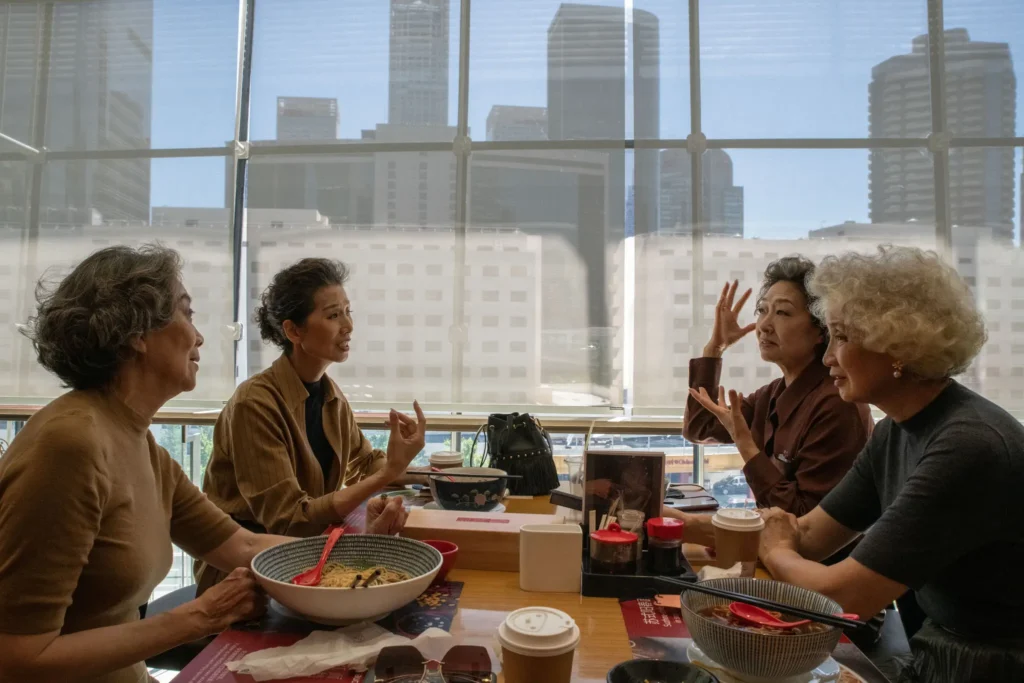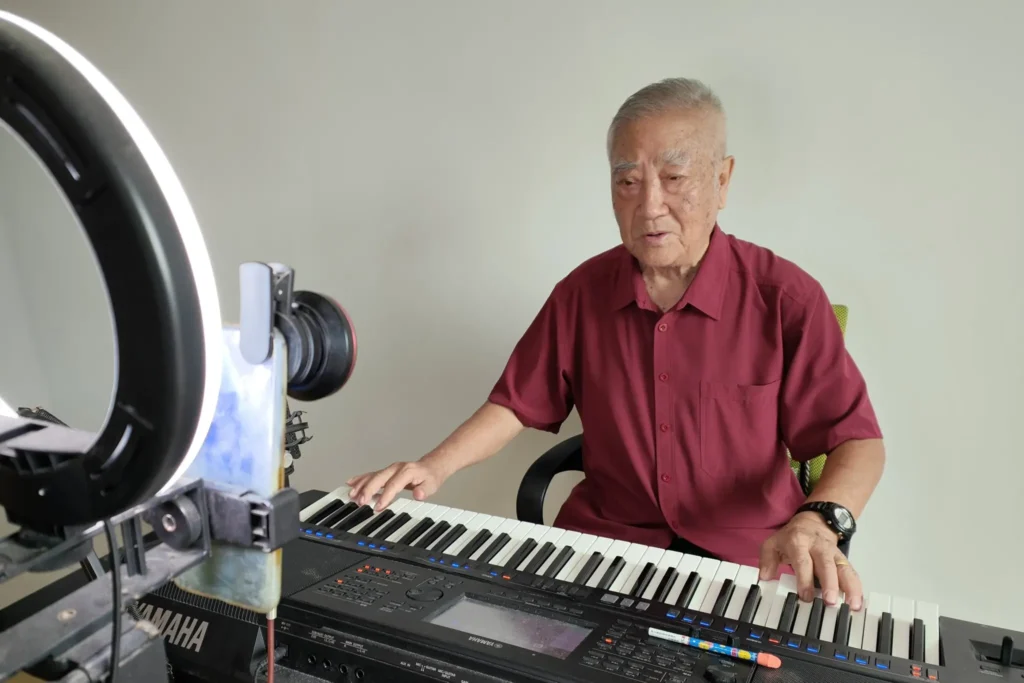Rapping grannies, crooning 70-year-olds and gamers in their 80s are challenging traditional Chinese views about aging and what it means to have a long and happy life.

Summary
In China, influencers are helping to challenge a particularly entrenched stereotype that grandparents are expected to stay home or help care for their families by cleaning, cooking and looking after their grandchildren while their adult children work. For some retirees, grandchildren aren’t a factor at all, with more young Chinese rejecting marriage or choosing not to start a family.
“What we do now is something we could only dream of when we were young,” she said. Many of Glamma Beijing’s more than two million followers are in their 50s and 60s. But there are younger ones, too, who ask the women about school and dating. Some say the tutorials helped them get over their fear of aging, Ms. Sun said.
Independence is a common theme among many of the influencers’ videos, as they push back against the thought that seniors should stay home in retirement and help raise the next generation.
There’s money in it, too. Through their Douyin account, Sister Wang Is Coming make about $1,400 a month. It’s not enough to live on, but as their fan base grows, they have generated more interest from companies that want to advertise with them.

Resource:
Stevenson, Alexandra, and Zixu Wang. “China’s Grandparents Are Done Babysitting and Ready to Go Viral.” The New York Times, November 22, 2022, sec. Business. https://www.nytimes.com/2022/11/22/business/china-influencers-seniors.html.
Personal Analysis:
Aging stereotypes can lead to ageism, which is discrimination or prejudice against individuals based on their age. These stereotypes can harm older people and limit their opportunities for social interaction, employment, and overall quality of life. It is important to challenge and change these stereotypes as they can be limiting and do not accurately reflect the diverse experiences of aging individuals. This article discusses the trend of elderly individuals in China becoming popular on social media platforms and using their newfound influence to promote products and brands. This is a result of the aging population in China and the increasing importance of appealing to older demographics in the marketing world. The article highlights the challenges to traditional stereotypes of influencers being young and tech-savvy and shows how older individuals use their life experiences and wisdom to gain large followers on platforms like Douyin (TikTok). This trend is a reminder that if we want to design a new social media platform, we should also consider seniors’ and the elderlies’ needs.



